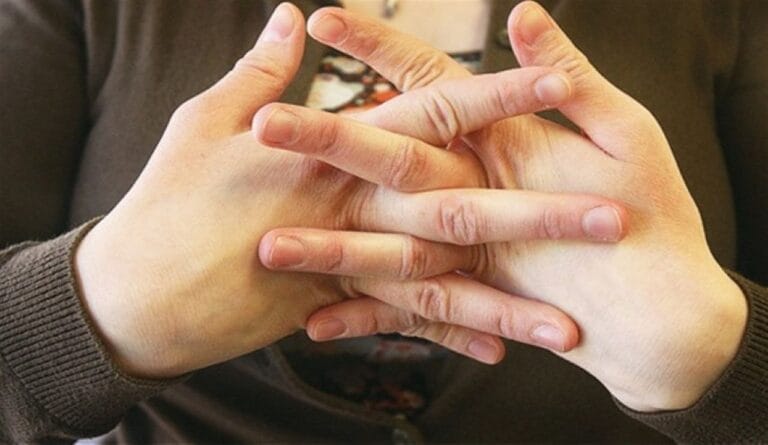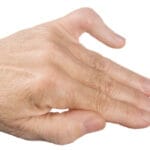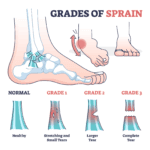As long as it’s done correctly, knuckle cracking is safe
Nope! Conventional wisdom is wrong when it comes to knuckle cracking. As long as you’re cracking them correctly, you’re not damaging your joints.
We talked to orthopaedic surgeon Kim L. Stearns, MD, to find out what’s actually happening when you crack your knuckles, and whether that momentary satisfaction comes with long-term consequences.
What happens when you crack your knuckles?
cracking your knuckles releases gas — in the form of nitrogen bubbles — from the space around your joints. The sound is triggered as the bubbles are compressed.
Researchers aren’t sure if the sound emitted from cracking your knuckles is that of gas bubbles being formed or released “But either way, it’s just gas.
Risks and long-term side effects of knuckle cracking
We’ve established that cracking your knuckles correctly won’t enlarge them or cause you to develop arthritis. But that doesn’t mean there aren’t any risks associated with the practice.
As is so often the case, technique matters. Don’t pull or press with too much force, and be mindful of direction. You’ll know quickly if you’ve made a mistake because it’ll hurt, and cracking your knuckles isn’t supposed to hurt.
While a 1999 study found weaker hand grips and more hand swelling among knuckle-crackers, those findings haven’t held up particularly well over the decades.
And a 2017 study found exactly the opposite: There was no difference in grip strength between knuckle crackers and non-knuckle crackers. That same study did find a difference in metacarpal head cartilage thickness — which can indicate osteoarthritis — but didn’t go so far as to suggest knuckle cracking caused it.
While the existing research on knuckle cracking is thin, the available evidence tells us that there are few if any long-term side effects to be concerned about.
How much is too much?
A 2011 study looked at what they called “crack years,” to see if the amount of knuckle cracking one does over time might impact their risk for osteoarthritis.
The news was good: It appears that the amount and duration of knuckle cracking do nothing to increase (or decrease) your risk of joint swelling or osteoarthritis.
Is it good or bad for you?
Knuckle cracking isn’t good for you or bad for you. It’s just a thing people do. For some, it feels like the only way to alleviate stiffness. For others, it’s just a habit. Some people do it for the noise or because it’s fun to send non-knuckle crackers running out of the room.
Whatever your reason, rest assured: Cracking your knuckles actually is all it’s cracked up to be.





